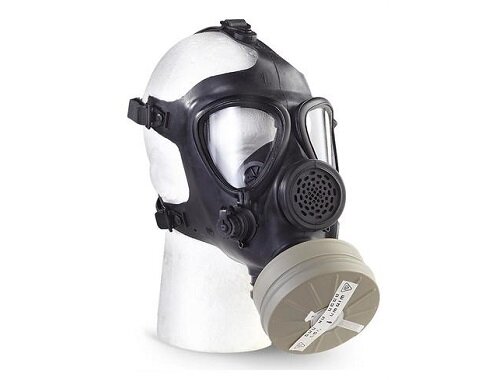Chemical and biological attacks are among the most dangerous threats facing the world today. In the event of a chemical or biological attack, the use of gas masks can help you protect yourself from the harmful effects of these agents.
A gas mask is a personal device that blocks the inhalation of toxic or asphyxiant gasses, vapors, and particulates. Gas masks may be classified as either chemical or biological depending on the gasses it protects against.

When Should You Wear a Gas Mask?
The key to protecting yourself from chemical agents is to be aware of the dangers and take action before it becomes too late. Gas masks are essential during times of terrorist or chemical attacks. They can help protect against harmful gasses and particles. There are three types of gas masks: chemical, biological, and nuclear.
Chemical gas masks protect against organophosphates, nerve agents, and other chemicals. They're effective against most gasses, but not against radiation. They need to be used in combination with other protective gear like respiratory protection and eye protection.
Biological gas masks protect from pathogens like bacteria and viruses. They're effective against certain gasses and particles, but not against radiation. Nuclear gas masks protect from nuclear fallout. They filter out radioactive isotopes like iodine-131 and cesium-137.
They need to be used in combination with other protective gear like a dosimeter and an airtight environmental suit. Make sure to read the instructions carefully before putting on your gas mask, and remember to stay calm and follow the directions of emergency personnel.
